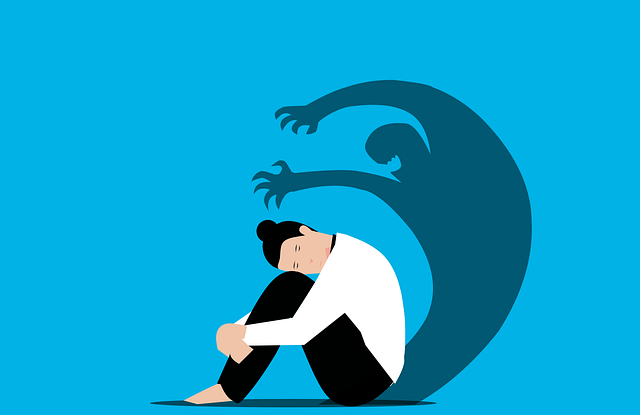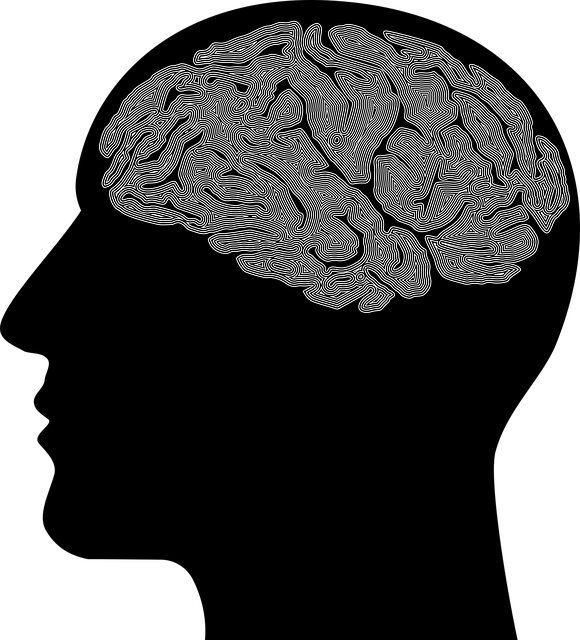Coping skills development is vital for young children's mental health, empowering them to manage emotions and stress. Cognitive Processing Therapy (CPT) is an effective therapeutic approach that helps kids process trauma and develop healthier coping mechanisms through cognitive restructuring, improving emotional regulation and resilience. Mental Health Awareness initiatives, including stress management workshops, equip parents, caregivers, and educators with tools like deep breathing, visualization, and positive self-talk to support young minds' emotional well-being. CPT is especially powerful for anxiety and stress, teaching kids essential coping skills from an early age through play, creative expression, open communication, and professional therapy. Integrating CPT into parenting strategies strengthens bonds and actively contributes to Mental Health Awareness while reducing stigma.
Coping skills development is a vital aspect of emotional well-being, especially for young children. This article explores effective strategies to enhance their resilience and navigate life’s challenges. We delve into the significance of understanding coping mechanisms, offering insights on cognitive processing therapy as a powerful tool for emotional growth. Learn about identifying and teaching adaptive techniques, the therapeutic power of play and creative expression, and essential parenting practices to foster healthy coping skills in children.
- Understanding Coping Skills Development in Young Children
- Cognitive Processing Therapy: A Powerful Tool for Emotional Growth
- Identifying and Teaching Effective Coping Mechanisms
- The Role of Play and Creative Expression in Coping Strategies
- Parenting and Supporting Healthy Coping Skills in Kids
Understanding Coping Skills Development in Young Children

Understanding Coping Skills Development in Young Children
Coping skills development is a crucial aspect of mental health awareness for young children. It involves teaching them effective strategies to navigate and manage their emotions, behaviors, and stressful situations. Cognitive Processing Therapy (CPT), a therapeutic approach designed specifically for kids, has proven to be instrumental in this process. CPT helps young individuals make sense of their experiences, process traumatic or distressing events, and develop healthier coping mechanisms. By enhancing their cognitive abilities, children gain the resilience needed to face challenges and reduce the risk of long-term mental health issues.
Mental Health Awareness plays a pivotal role in identifying early signs of distress among children. Stress management workshops organized by organizations focused on Coping Skills Development equip parents, caregivers, and educators with valuable tools to support young minds. Through interactive activities, these workshops teach children techniques such as deep breathing exercises, visualization, and positive self-talk—all aimed at promoting emotional well-being and effective coping strategies in both ordinary and extraordinary circumstances.
Cognitive Processing Therapy: A Powerful Tool for Emotional Growth

Cognitive Processing Therapy (CPT) is a highly effective approach for young children struggling with emotional challenges and disorders. This therapy focuses on understanding and modifying negative thought patterns, which in turn fosters better emotional regulation and mental wellness. By teaching children to recognize and challenge unhelpful cognitive processes, CPT empowers them to manage their emotions more effectively.
This therapeutic method is particularly beneficial for those dealing with anxiety and stress-related issues. Through various activities and techniques, mental wellness coaching programs can help young individuals develop essential coping skills. By participating in CPT, children learn to navigate through stressful situations, reduce anxiety symptoms, and enhance their overall emotional resilience. This early intervention can set the foundation for long-term success in managing mental health and promoting healthy development.
Identifying and Teaching Effective Coping Mechanisms

Identifying effective coping mechanisms is a crucial step in promoting mental wellness and preventing burnout, especially among young children. Therapy for young children often incorporates Cognitive Processing Therapy (CPT) to help them understand and manage their emotions by modifying negative thought patterns. CPT encourages children to identify unhelpful thinking habits and replace them with more realistic and positive thoughts, thereby improving their coping abilities.
By teaching these skills, healthcare providers can equip young individuals with valuable burnout prevention strategies. Coping skills development is not just relevant for therapy sessions but also for everyday life, fostering better emotional regulation and overall mental health. It empowers children to face challenges and navigate difficult situations with resilience, ensuring they have the tools to thrive in a fast-paced world.
The Role of Play and Creative Expression in Coping Strategies

Play and creative expression are powerful tools in developing effective coping strategies for young children. Through imaginative play, kids can process complex emotions and challenging experiences in a safe and controlled environment. This form of therapy allows them to act out scenarios, explore different perspectives, and find healthy outlets for their feelings, which is especially beneficial for those undergoing Cognitive Processing Therapy (CPT). CPT helps children make sense of traumatic events and navigate their cognitive processes, making play a crucial component in their healing journey.
Creative expression, including art, music, and movement, offers another avenue for self-awareness exercises that promote mental health awareness. These activities encourage children to communicate their inner world, helping them understand and manage their emotions better. By engaging in these forms of creative therapy, young individuals can subtly process and prevent depression by finding healthy ways to express themselves and cope with stressful situations, fostering resilience from an early age.
Parenting and Supporting Healthy Coping Skills in Kids

Parenting plays a pivotal role in fostering healthy coping skills in children from a young age. By creating a supportive environment, parents can encourage their kids to express emotions and navigate challenges effectively. Simple yet powerful tools like open communication strategies help children articulate feelings, fears, and frustrations. This not only strengthens the parent-child bond but also enables youngsters to develop resilience.
In cases where children struggle with emotional regulation or have experienced traumatic events, professional therapy can be immensely beneficial. Cognitive Processing Therapy (CPT), for instance, is an evidence-based approach that aids young minds in making sense of their experiences and modifying negative thought patterns. By integrating CPT into parenting strategies, parents can actively contribute to Mental Health Awareness while reducing the impact of potential Mental Illness Stigma Reduction Efforts.
Coping skills development is a vital aspect of nurturing young minds. By understanding the importance of emotional resilience, parents and caregivers can effectively guide children through various therapeutic approaches, such as Cognitive Processing Therapy, to enhance their ability to manage stress and emotions. Identifying and teaching suitable coping mechanisms, along with encouraging creative expression through play, plays a significant role in fostering healthy psychological development. This holistic approach ensures that therapy for young children becomes an empowering journey towards emotional growth and well-being.











